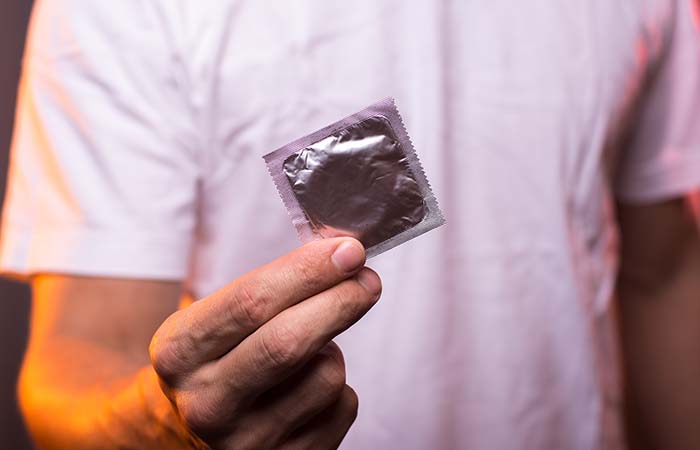NHS & health news

Use effective contraception, MHRA tells male valproate patients
In NHS & health news
Bookmark
Record learning outcomes
Men who are taking sodium valproate should use effective contraception as evidence has indicated there may be a “small increased risk” of neurodevelopmental disorder in children, the MHRA has said.
Issuing new “precautionary advice” this afternoon (September 5), the medicines safety watchdog said a study in Scandinavian countries had shown that five in 100 children born to father who were being treated with valproate had a neurodevelopmental disorder, compared to “around three out of 100” children born to fathers who were taking lamotrigine or levetiracetam.
“Whilst this study does not prove that valproate use in men increased the risk of problems in children, it is an important safety issue that warrants action on a precautionary basis,” said the MHRA.
It said that while the risk is “much lower” than for pregnant women, men who have been prescribed valproate should still use contraception and refrain from donating sperm while using the medicine and for at least three months after stopping it.
The MHRA said healthcare professionals should raise the “newly identified risk” as part of routine treatment reviews and offer to discuss alternative treatments.
It recommended that clinicians prioritise requests to switch medications from men who are planning to father a child in the next 12 months.
MHRA chief safety officer Dr Alison Cave said: “Valproate is an effective medicine in the treatment of epilepsy and bipolar disorder.
“Men taking valproate should be aware that there is now evidence of a potential small increased risk of their child having a neurodevelopmental disorder if their partner becomes pregnant.
“Patients on valproate should not stop taking their medicine unless advised to do so by a healthcare professional.
“It is important to attend your next appointment in order to discuss your treatment plan.”
Last December, the MHRA tightened the regulations on valproate prescribing with new measures stating that it must not be prescribed to new patients aged under 55 unless two independent specialists have established there is no other effective or tolerated treatment or there are “compelling reasons that the reproductive risks do not apply”.
And in October 2023, changes to the Human Medicines Regulations were rolled out that reclassified all valproate-containing medicines as special containers, meaning that where a prescription for one of these medicines is not for a quantity contained in an original pack, the nearest number of full packs will be reimbursed to pharmacies.

